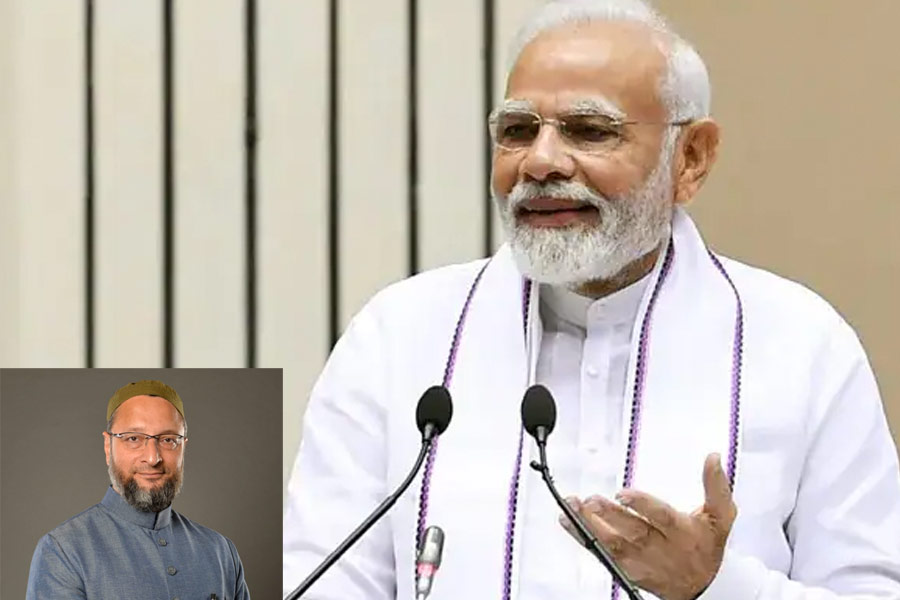In a recent remark, Prime Minister Narendra Modi asserted that in his third term as prime minister, he would make India among the top three economies in the world. This is an ambitious goal. In terms of size measured by gross domestic product, India’s economy, standing at $3.74 trillion, is ranked fifth in the world. The economy of the United States of America is the biggest at $26.85 trillion. China is ranked second at $17.7 trillion while Germany, at $4.4 trillion, is ranked third. It would be interesting to see whether the Indian economy clocks the speed that is needed to enter the exclusive, top-three club. The real question, however, is whether GDP growth is a measure of the economic health of the nation. India’s per capita GDP has increased from $442 in 2000 to $2,389 in 2022. This is an impressive feat. But what it does not indicate are the increasing inequalities in economic wealth and income along with regional, spatial and gender disparities. India’s human development index, which is a composite of incomes, health and education, has been falling. The nation’s current rank is 132 among 191 nations. A recent United Nations Development Programme report has found India’s economic inequalities in wealth and income to be among the highest in the world. Regionally, states comprising 45% of the population contain 62% of the poor. About 185 million people continue to live under $2.15 a day, classifying as very poor. During the disruption caused by the recent pandemic, the number of billionaires actually increased in India, as did the number of the poor.
Inequality leads to divisive politics, reduces social cohesion, has adverse effects on universal access to health and education, and cuts down the availability of civic resources. All these imply a drop in the quality of life enjoyed by citizens. Economic inequality also weakens the nation’s ability to move to a sustainable path of development. The rich have more than enough resources to waste, while the poor overuse existing natural resources available to them and contribute to their degradation. Perhaps a more meaningful assertion by the prime minister could have been a commitment to improve India’s HDI measure by 20 ranks in the next five years. It would facilitate the allocation of much-needed resources in health and education. Growth for the sake of growth is just hot air.










